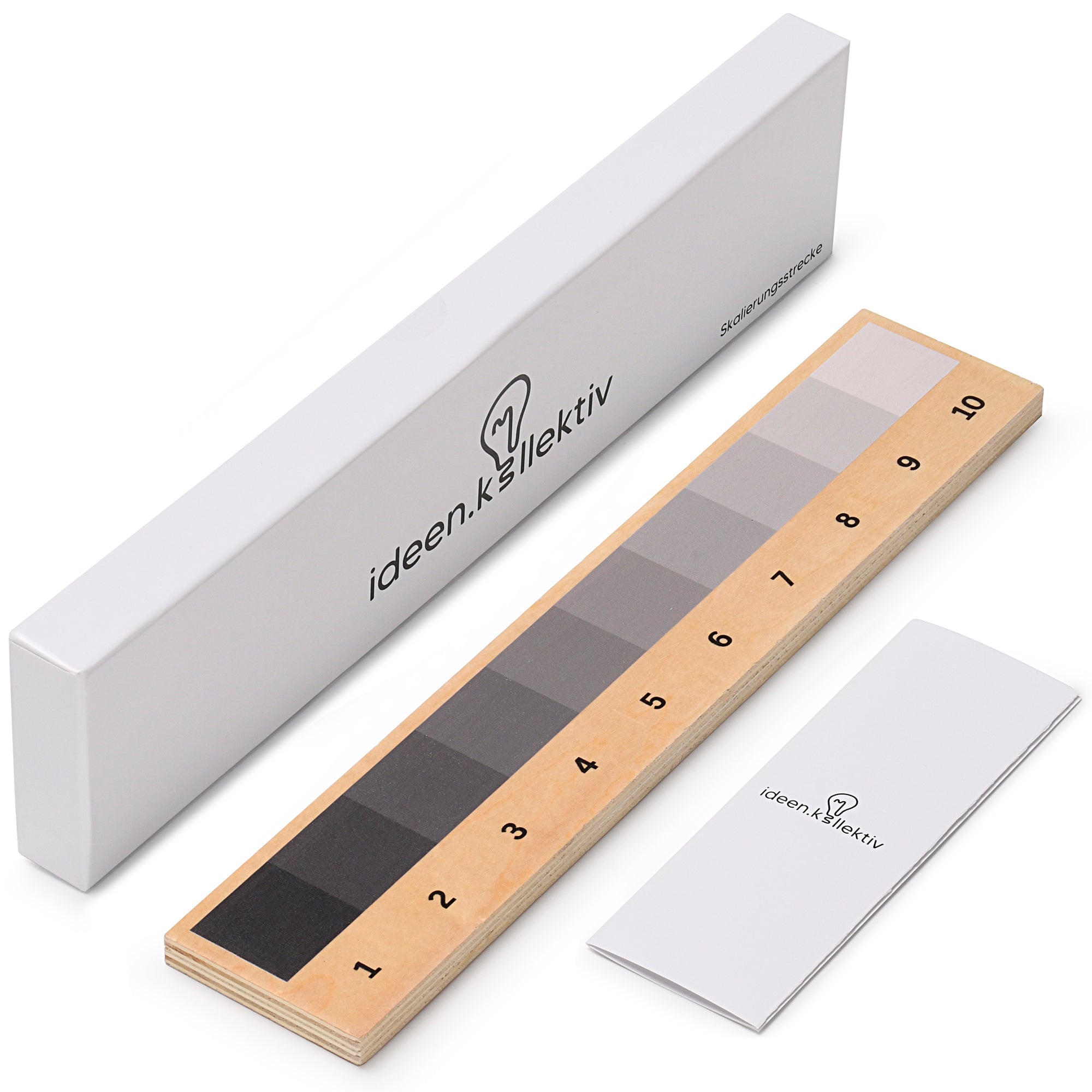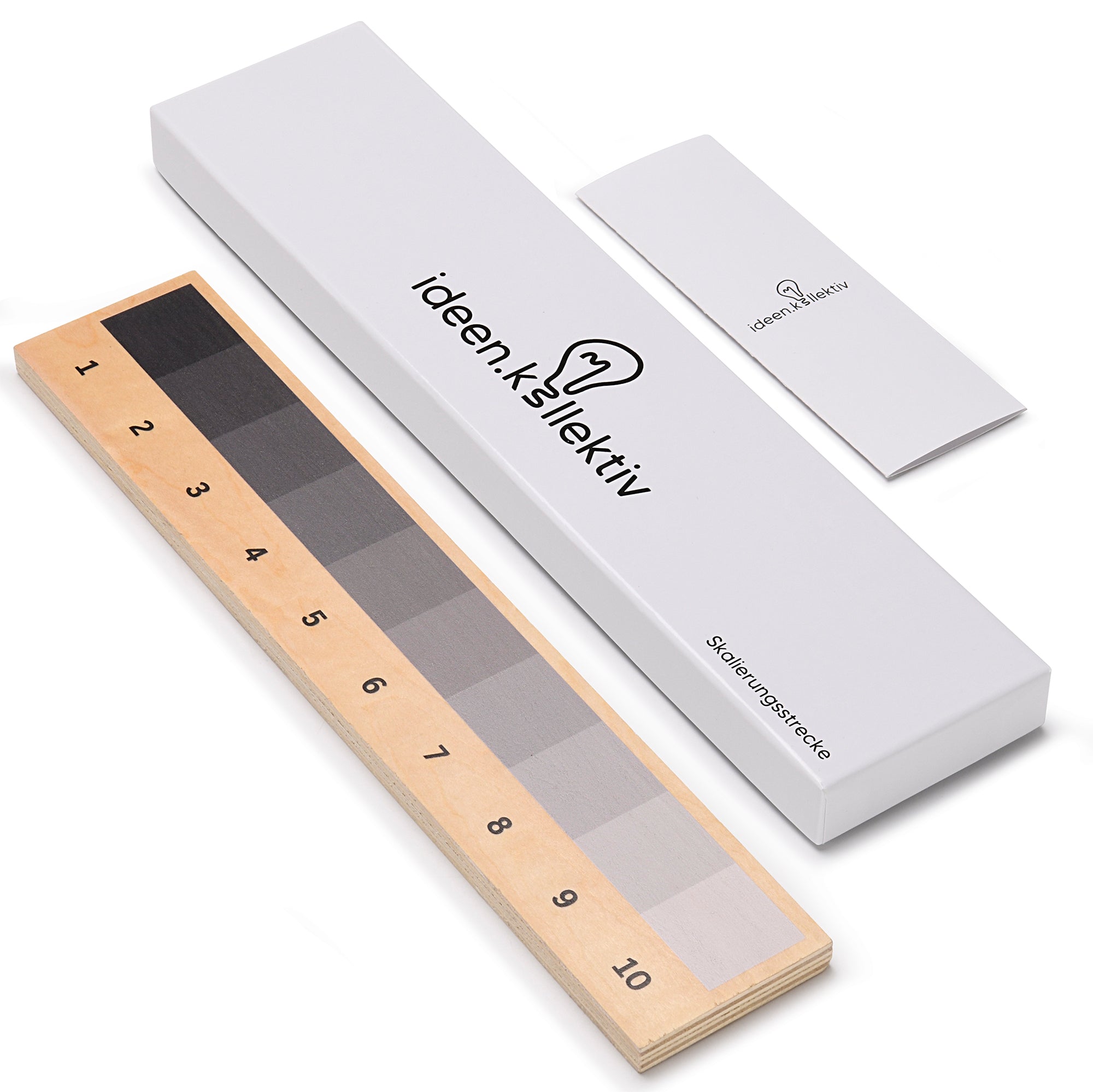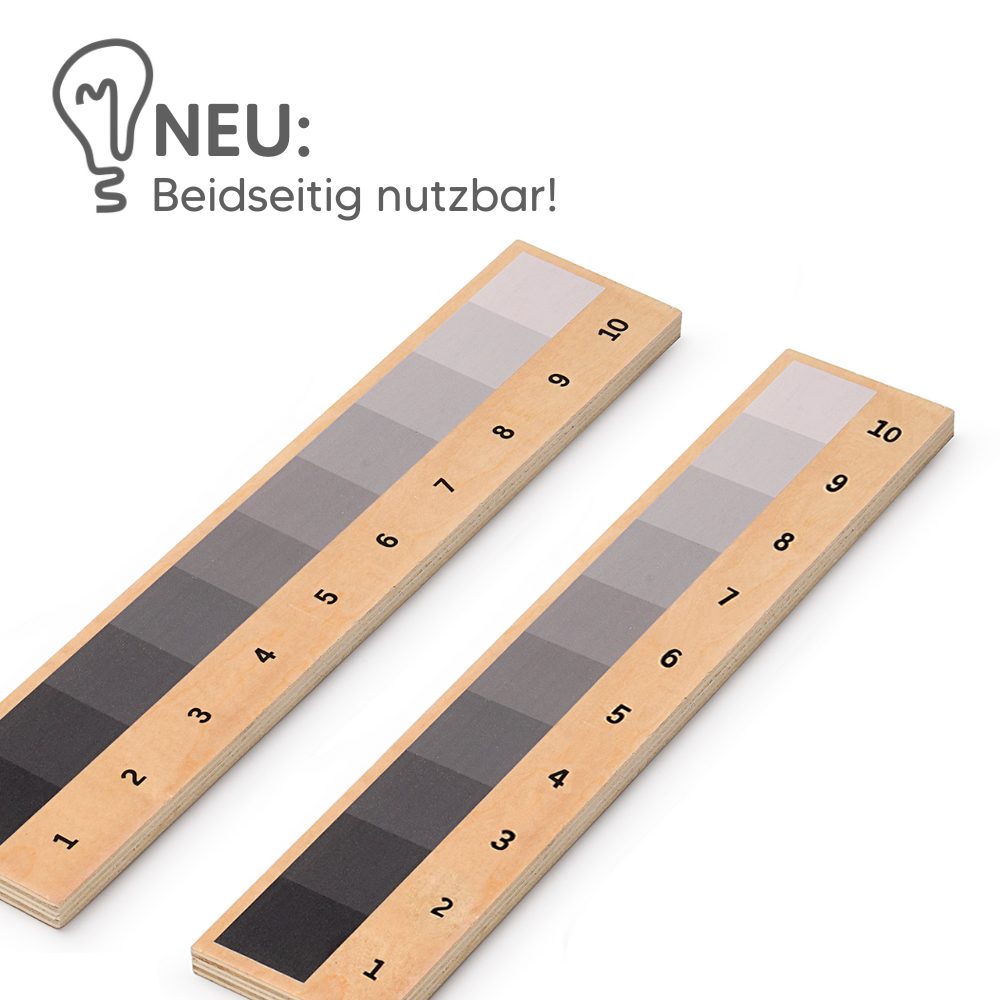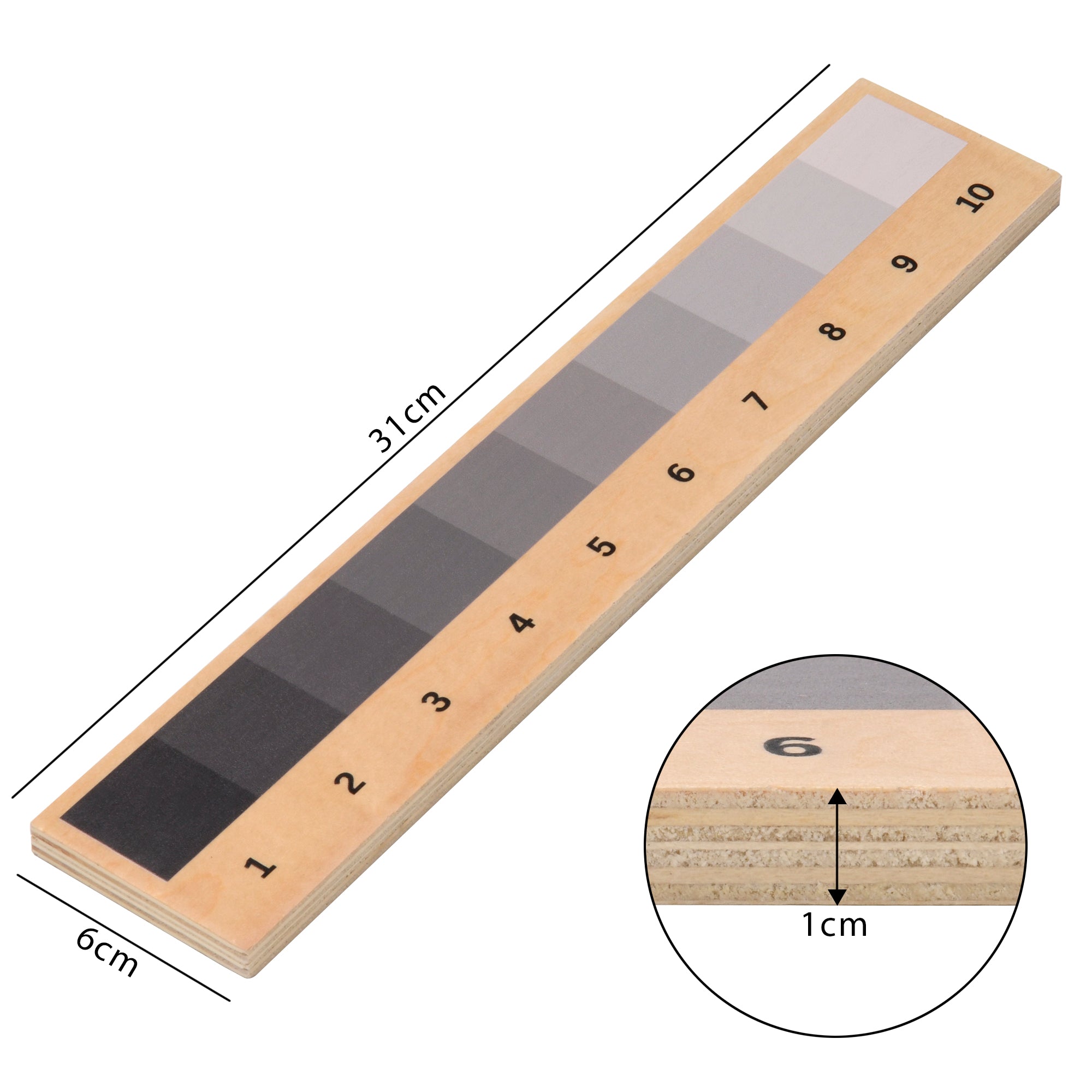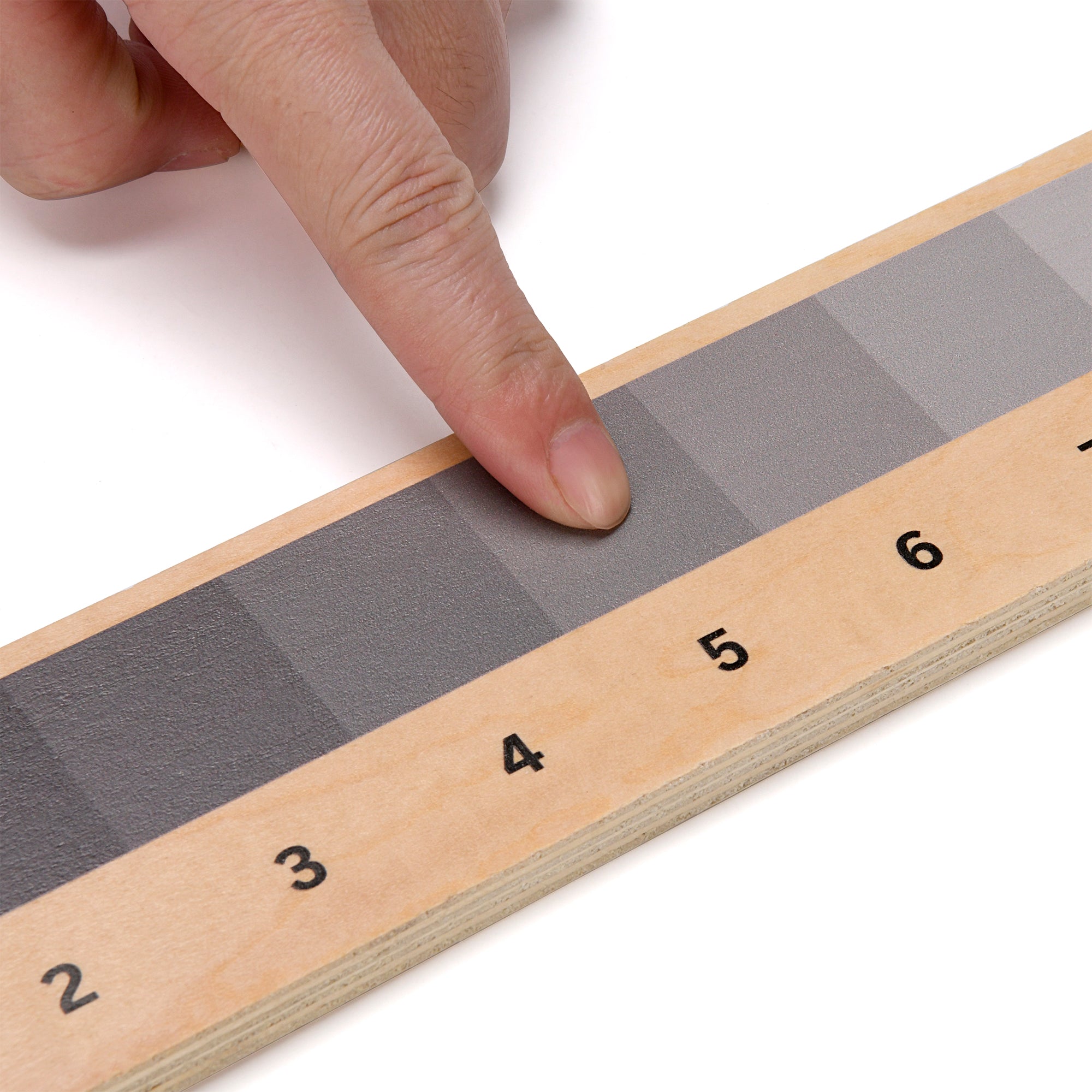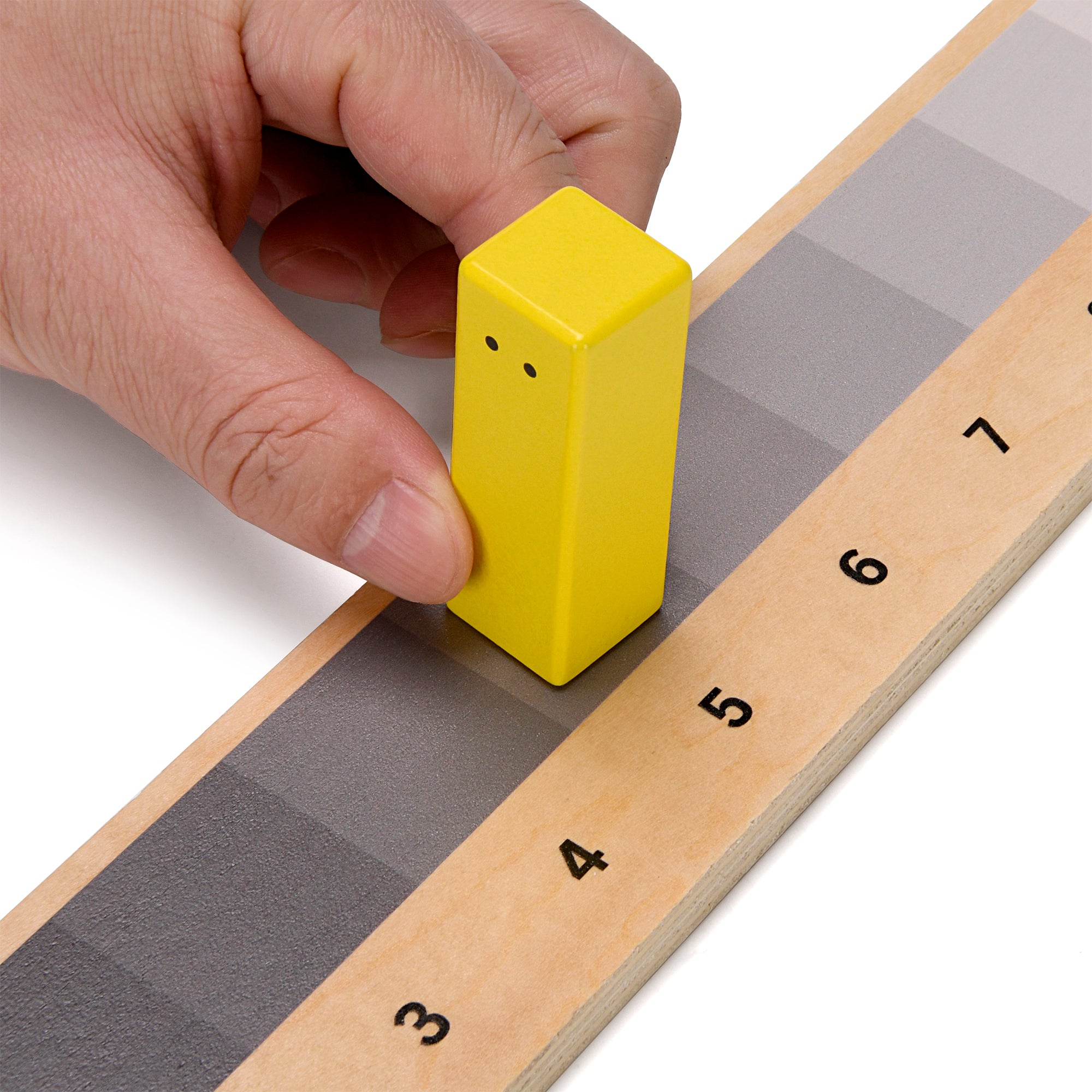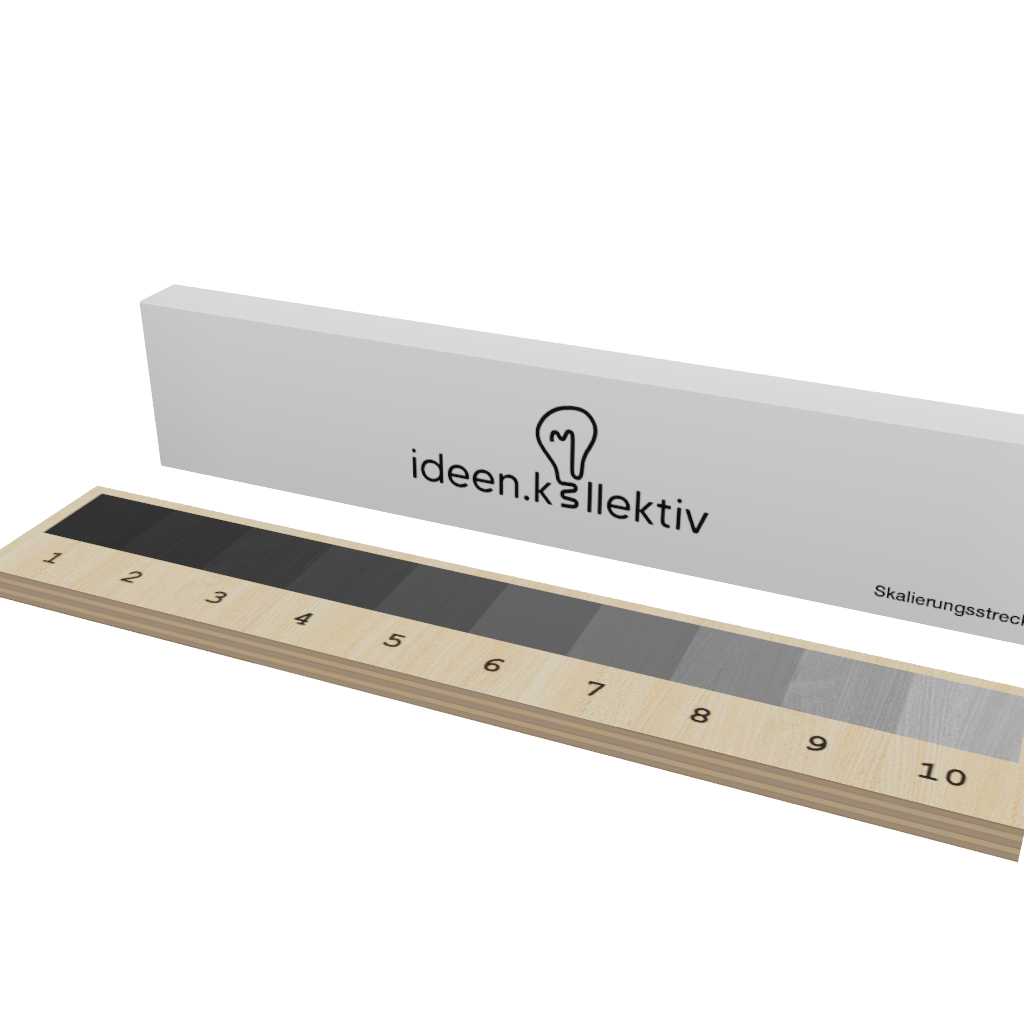What exactly are scaling issues?
In the world of systemic coaching, scaling questions are a key element in making the often elusive subjective experiences - such as feelings or psychological states - manageable and assessable. Through these questions, feelings or states are located on a scale, usually from 1 to 10, which enables a measurable and therefore more objective view of the inner landscape.
This approach allows us to identify a clear starting point from which to explore the path to the desired goal. It is a bit like drawing a map that marks the current location and the destination - a map of personal development or well-being. This approach is extremely useful not only for measuring progress, but also for capturing the nuances of developments that might otherwise remain hidden in the fog of subjectivity.
It's not about finding 'right' answers, but rather about opening a conversation that leads to deeper understanding and new insights. These types of questions create a bridge between the inner world and the outer world, between what we feel and what we want to achieve.
Scaling questions are a versatile instrument that is used in various areas and serves to make qualitative states measurable. By quantifying subjective feelings, they offer valuable support in processes of self-assessment, goal setting and progress monitoring.

Areas of application of scaling questions and scaling tools
Use in Psychotherapy
In psychotherapy, scaling questions offer a structured approach to assessing complex emotional states and behavioral patterns and making therapeutic processes measurable. These types of questions allow therapists to work with their patients to make individual progress visible and evaluate the effectiveness of treatment approaches. They are particularly valuable when working with anxiety disorders, depression, and stress management, as they help patients recognize and appreciate small steps of improvement.
Application in Personal Well-Being
In the area of personal well-being, scaling questions are used to assess one's own life satisfaction, stress levels or work-life balance. These self-reflection tools are particularly helpful for those who want to actively work on their personal growth. They provide a basis for tracking one's own progress and identifying relevant areas of life for possible changes, which can contribute to a more targeted and conscious lifestyle.
Application in School
In educational institutions, scaling questions can be used by teachers to assess, for example, students' motivation or understanding. They can serve as a reflection tool to set learning goals and monitor learning progress. This promotes a better understanding of the learners' own learning development and creates an awareness of their individual strengths and challenges.
Application in Sports Coaching
In sports, coaching is aimed at optimizing performance and achieving sporting goals. Scaling questions can be used here to assess athletes' self-perception of their performance, mental strength or well-being. This can be crucial for identifying mental blocks and developing strategies that lead to top performance.
Individual customization and benefits
Tailored to the respective context, scaling questions enable goal-oriented communication and increased self-awareness. They not only promote the ability to recognize and appreciate one's own progress, but also make it easier to set and achieve personal and professional goals. As a flexible tool, they support a change of perspective and expand the ability for self-reflection.

Visualization methods for measurable success
Discover effective tools such as the therapy rope or the scaling track , which allow you to record progress in a clear and motivating way.
The scaling track with its 1-to-10 scale makes emotional states and intensities measurable and fits perfectly with the Pro System Board figures. A must-have for effective coaching, whether in school, therapy or when working with physically impaired people.
Its elegant design makes the scaling track more than just a tool: it is a piece of inspiration and combines the material with the emotional. It will become your partner on the path to greater understanding and empathy, robust for everyday use and yet sensitive in use. A symbol of the mindfulness and commitment that you bring to every encounter.
Such visualization aids enhance the experience of self-efficacy and can become an integral part of the development process.


